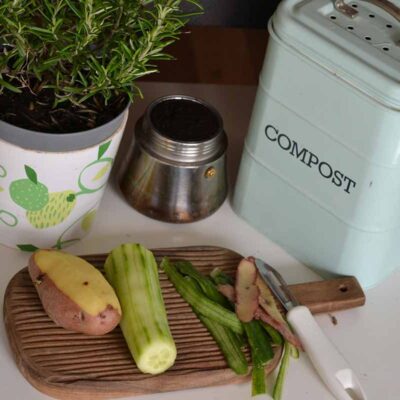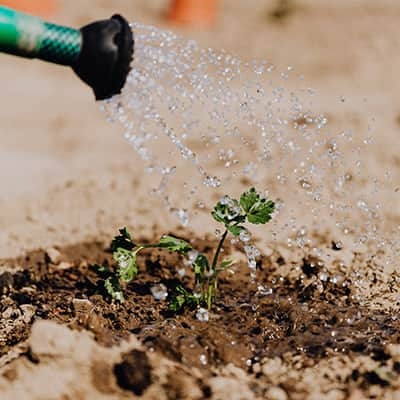Eco-Friendly Gardening Practices for Modern Growers

More people are turning to gardening to find peace, grow food and add a bit of greenery to their lives. While its increased popularity is great, the widespread availability of chemical-based products, wasteful garden accessories and damaging practices are taking their toll on Mother Nature. For that reason, sustainable and eco-friendly gardening is gaining traction. This unique approach to gardening prioritizes environmental friendliness, giving back to nature while reaping the rewards of modern gardening.
What Are the Benefits of Using Eco-Friendly Potting Soil, Growing Equipment and Techniques?
Eco-friendly gardening can take many forms, but the larger goal is to grow plants in ways that benefit nature and local ecosystems. That means rethinking everything from the potting soil you use to the nursery pots you grow your plants in. Contrary to popular belief, not all gardening techniques benefit the environment. Synthetic fertilizers, chemical pesticides and abundant waste can do more harm than good. You may think you’re offsetting your carbon footprint by cultivating a garden, but many eco-unfriendly practices could pollute the environment, ruin soil quality, drive away natural pollinators and more.
Sustainable practices help give back to Mother Nature, paving the way to a greener future. An eco-friendly approach supports the ecosystem and works with nature rather than against it, creating a healthier environment for your plants to thrive.
Quality Plant Nutrients, Smart Plant Selection and Waste Reduction: Eco-Friendly Practices You Can Adopt Today
It doesn’t matter if you have a seasoned green thumb or a beginner. Making your garden more sustainable and eco-friendly is easier than you think. Here are several practices you can employ.
- Consider Irrigation and Rainwater Collection: Watering your plants is crucial, but you don’t have to waste it to keep your garden healthy. Irrigation systems are fantastic for keeping plants hydrated without overdoing it. You can also collect rainwater, avoid waste and control runoff.
- Spread Mulch: Mulch can slow evaporation, reducing the need for frequent hydration. Organic mulch can also enrich the soil as it breaks down and prevents erosion.
- Use High-Quality Plant Nutrients: Ditch the cheap, chemical fertilizers in favor of premium alternatives that directly benefit the soil and your plants. Plant nutrients like Cash Crop and Ultimate Thrive can help your garden reach its full potential.
- Choose Native Plant Varieties: Invasive plant varieties can harm the local ecosystem. Meanwhile, native plants are adapted to your environment, support wildlife and attract beneficial pollinators.
- Start Composting Food Waste: Composting is a great way to recycle food waste while creating fertilizer for your garden.
Why Choosing Eco-Friendly Gardening Accessories Matter
You should be wary of more than just plant nutrients, herbicides and pesticides. Your growing equipment and potting soil can negatively impact the environment. Plastic pots contribute to the ever-growing plastics crisis, sitting in landfills long after we’re gone. Furthermore, they can break down to release microplastics, contaminating the soil, water supply and crops.
Consider using biodegradable nursery pots like the King Cultivator pots from Supernatural Brand. They break down easily, and the ventilated design can benefit young plants. Pair eco-friendly nursery pots with high-quality potting soil like Pay Dirt, and you have a recipe for sustainable gardening success.
Gardening is about being one with nature and exploring the magic of plant growth from the comfort of home. Eco-friendly practices work with nature, reducing any negative impacts to benefit the ecosystem around you. Adopt these tips to enjoy a healthy garden while minimizing your impact.












